Seven fitness innovations of the decade
We take a look at the biggest advancements of the tenties
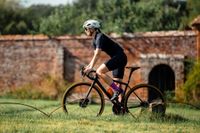
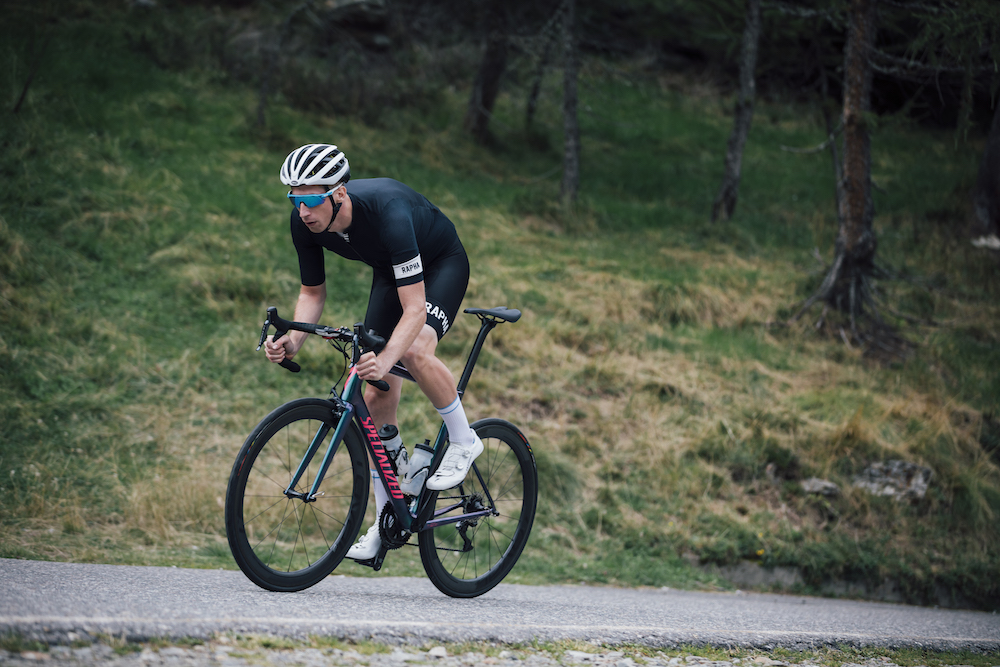
The latest race content, interviews, features, reviews and expert buying guides, direct to your inbox!
You are now subscribed
Your newsletter sign-up was successful
Heading into 2020, it's hard to believe it's been a decade since Alberto Contador/Andy Schleck (depending who you ask) won the Tour de France - but time flies whilst you're having fun.
Over the course of the last ten years, fitness has come on a long way - in terms of the thinking behind how we approach training, and the equipment.
There's been tons of breakthrough innovations - some of them more effective than others. Here's a look at the most stand-out introductions from the last decade...
Biomarker testing
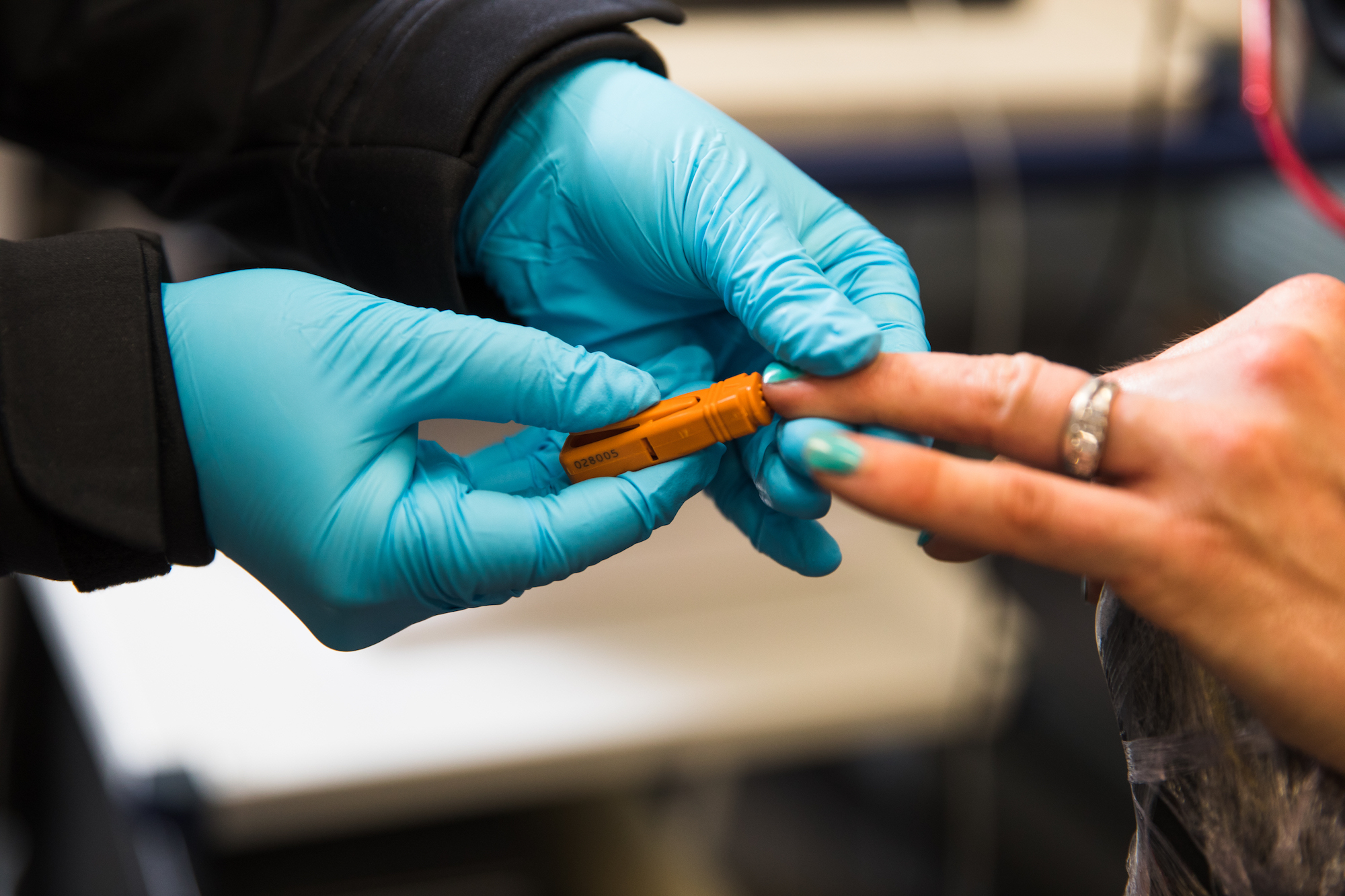
Testing key biomarkers (hormone health, Cortisol levels for recovery, haemoglobin levels for oxygen transportation) can help riders to track their health at a whole new level.
When fitness editor Dave Bradford put himself up as a guinea pig to test the science, the key finding was a deficiency in Vitamin D. With this the only actionable learning, he wasn't convinced it was a process he'd repeat, but endocrinologist Dr Nicky Keay concluded: "Repeating the test and checking biomarkers every few months would allow you to build a picture of what’s normal for you, like your own biological passport.
“Without this information, you risk getting more and more tired or failing to make the most of your training without understanding why. The pros definitely outweigh the cons.”
The latest race content, interviews, features, reviews and expert buying guides, direct to your inbox!
Similar in process but very different in results, DNA/genetics testing looks at a rider's capacity -analysing markers such as muscle stamina, V02 and lactate threshold. This is still an emerging science and has fans as well as detractors.
Altitude tents
Altitude training is a popular approach among the pros. Whilst at altitude, there's less oxygen available and so the cardiovascular system has to work harder, adapting to become more efficient.
One approach is to 'sleep high, train low' - which means sleeping at altitude, and then rolling down the mountain to train where capacity is less hampered. Since it's not always practical, an altitude tent can represent a very tempting alternative: sleep in the tent, train out if it - adapt and get stronger.
The drawbacks? Well, you'll have to sleep in a tent, and it'll cost you a few hundred pounds a month to rent.
Affordable power meters
Ten years ago, if you were training with power you were in the minority - and that's not quite the case anymore.
Power meters have become more affordable, and more accessible - resulting in a snowball effect where FTP is now as regularly discussed on the club run as the merits of flapjack vs carrot cake.
>>> How to train with a power meter
You're no longer tied to using one hub to rule them all, and swapping your power meter could be as simple as switching pedals (though, buyer beware applies in some cases). With top end bikes now being sold with power meters fitted, the training landscape has clearly seen a shift where power training is almost the norm, as opposed to the exception.
Indoor training revolution
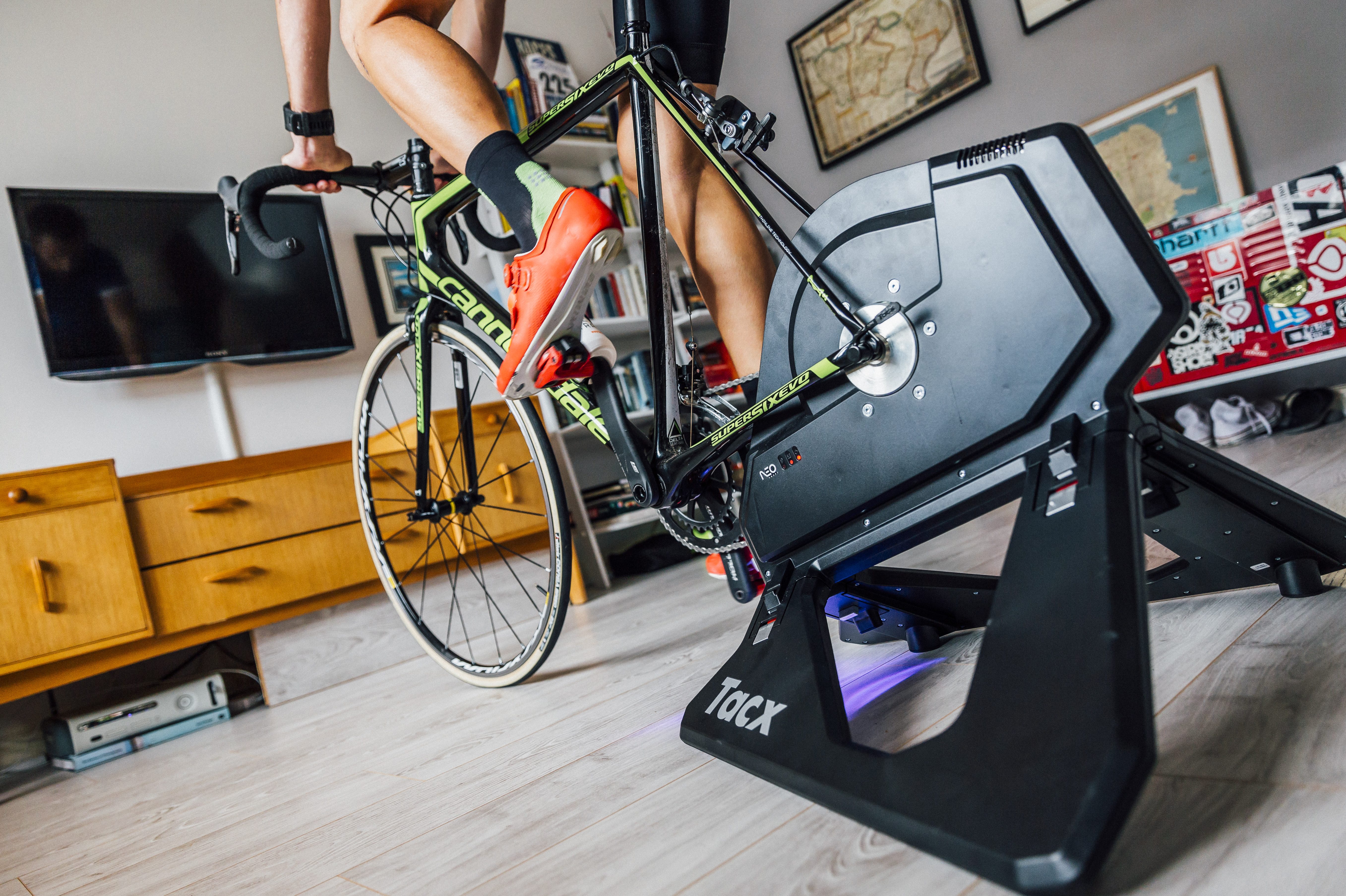
Training indoors was once a thankless chore, sitting next to watching paint dry on the enjoyment scale in the minds of most cyclists.
With the arrival of smart turbo trainers came platforms like Zwift and the updated Sufferfest app which make pounding out the miles indoors far more enjoyable - and by extension effective.
Zwift in particular has allowed for the creation of a whole new indoor racing discipline - with a world championships penned in for 2020.
Data tracking
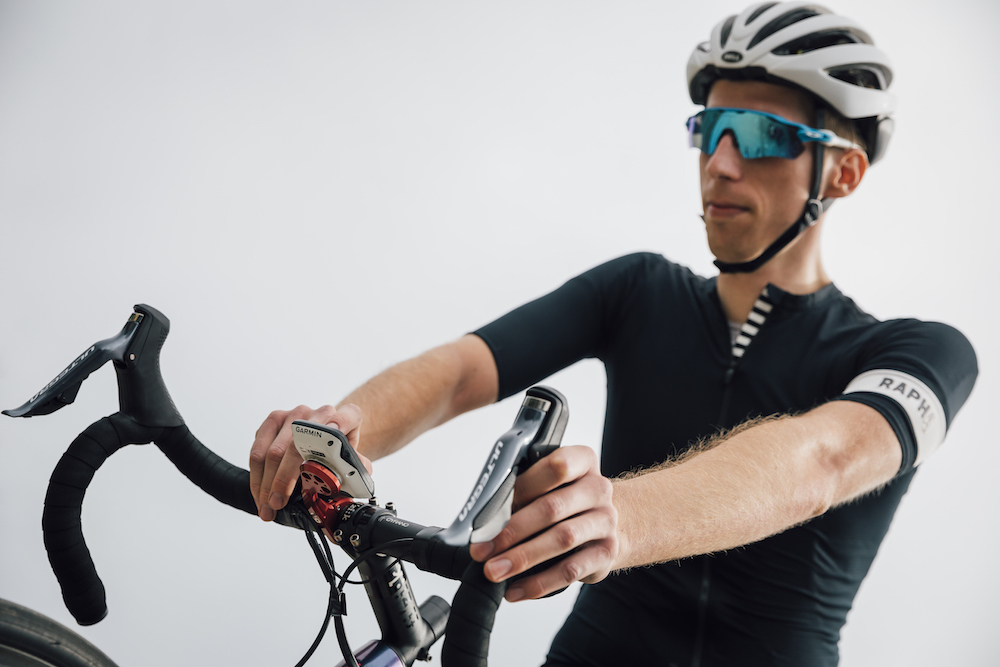
Perhaps influenced by the accessibility of power data, tracking the numbers has become far more commonplace - which is good news: there's no point having data coming out your ears if you're going to do nothing with it.
Athletes have been using programmes like Training Peaks to keep informed on their form (training stress balance) as long as they've been using power meters. But now Strava offers the more friendly sounding 'fitness and freshness' tracking via its Analysis pack, the numbers are at nearly everyone's fingertips.
Speaking of which...
Strava
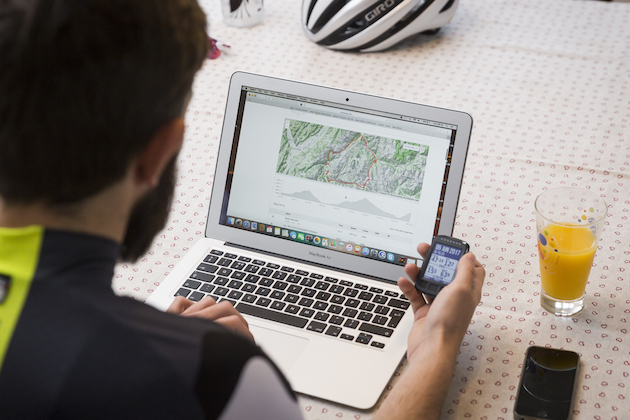
Where once the only true way to compete was to pin a number on, now anyone and everyone can test themselves against the competition - either worldwide or against their club mates.
Whatever impact you feel this has, or has not had, on the racing scene - it's certainly made competition more easily available, and this can have some dramatic effects on motivation.
Ketones
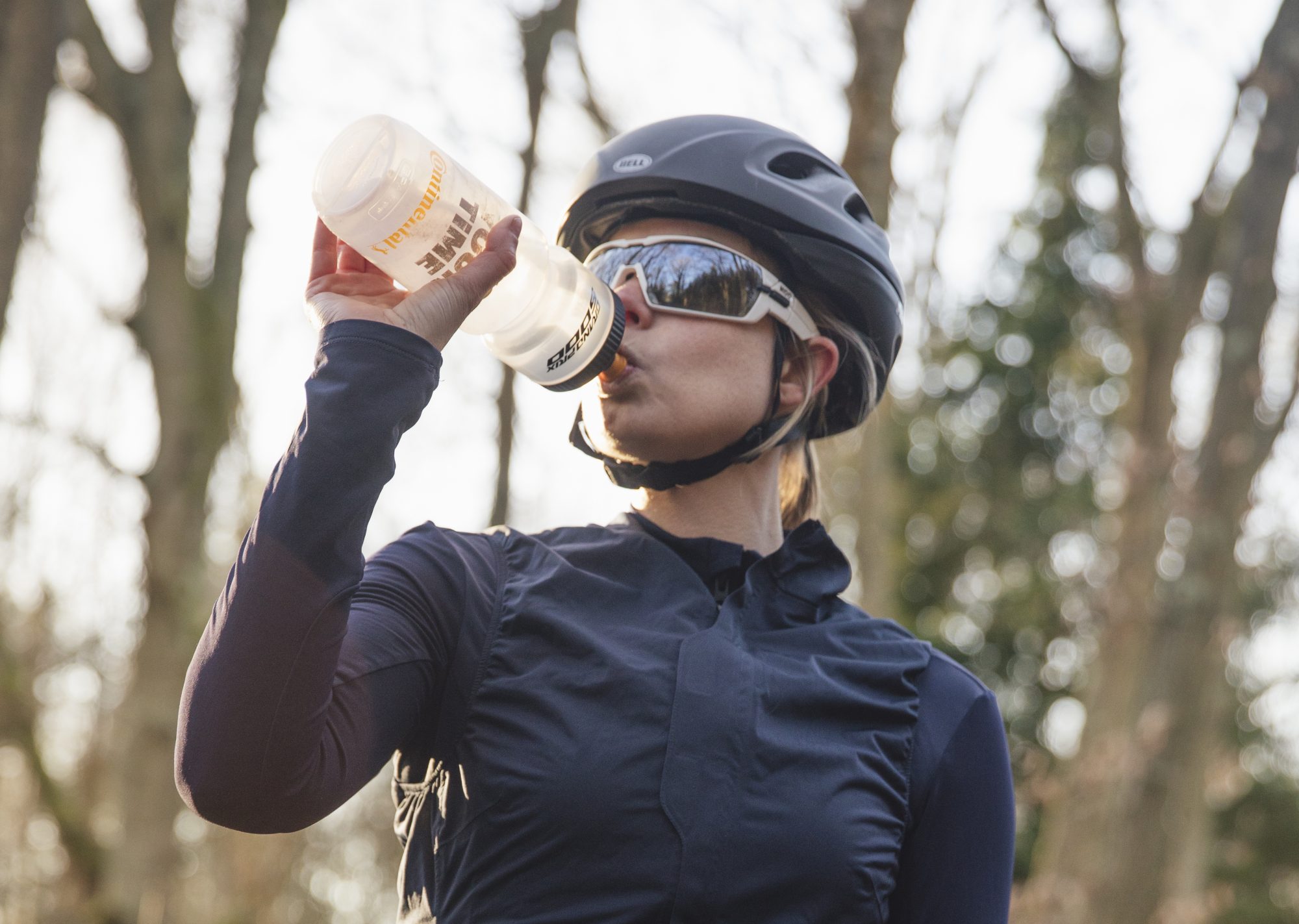
Reportedly used in the World Tour ranks, ketones provide the body with a magical extra fuel source allowing for carbohydrate sparing, which means supplies can be held back for when they're really needed.
However, the drinks are not cheap - and when we put the formula to the test, the effects were not particularly staggering.
That's all for now - we can't wait to see what the next decade holds...
Michelle Arthurs-Brennan the Editor of Cycling Weekly website. An NCTJ qualified traditional journalist by trade, Michelle began her career working for local newspapers. She's worked within the cycling industry since 2012, and joined the Cycling Weekly team in 2017, having previously been Editor at Total Women's Cycling. Prior to welcoming her first daughter in 2022, Michelle raced on the road, track, and in time trials, and still rides as much as she can - albeit a fair proportion indoors, for now.
Michelle is on maternity leave from April 2025 until spring 2026.
